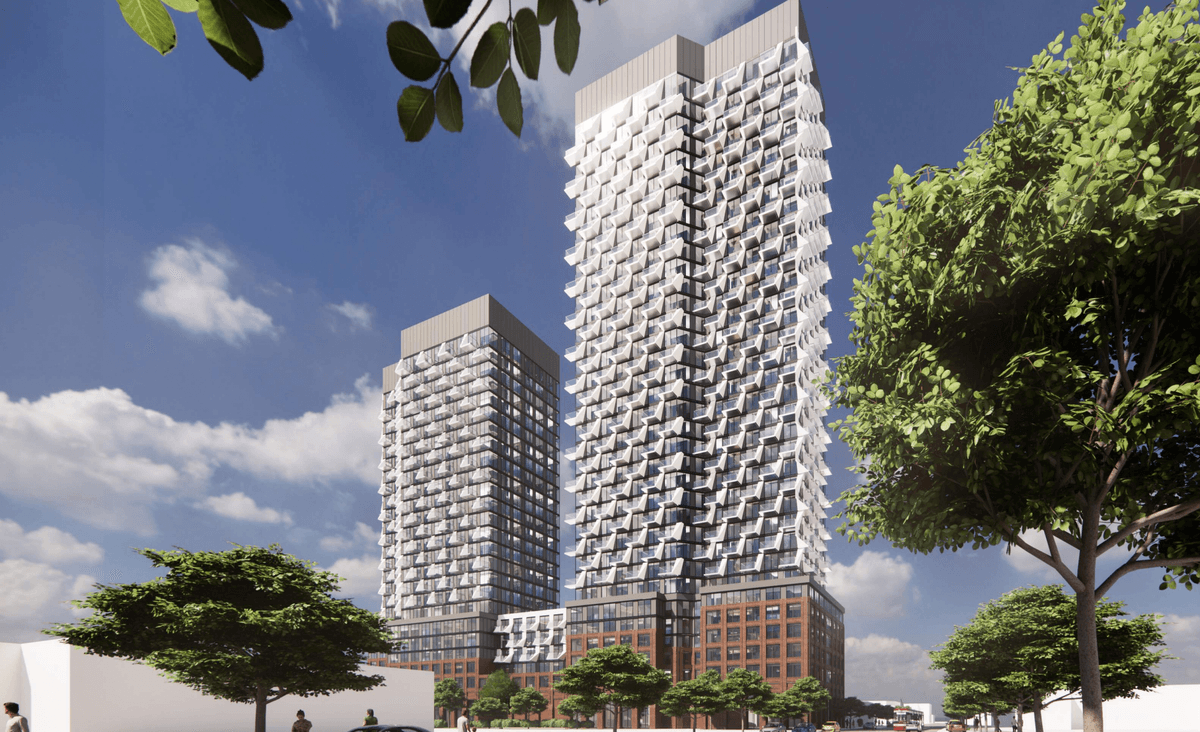The whole point of central banks raising interest rates is to slow economic activity. We can agree on that much, right?
But how the economy slows — or, the mechanism by which it slows — in response to higher interest rates, and what that means for households and businesses, is far less certain. And we know this more now than we did 18 months ago, that’s for sure.
Indeed, here we are today, with the Bank of Canada having raised its trend-setting rate from virtually zero — ok, 0.25% — in early 2022 to 5.0% today, and the economic consequences of this hawkish policy regime have been decidedly mixed.
If you asked me, or any economist, what effect a rate hike of 475 basis points over 18 months would have on the Canadian economy and housing markets, the response would have been straightforward and (likely) uniform: spending and investment would slow, unemployment would increase, home sales would fall and housing supply would rise, and property values would decline. To this point, this narrative has not played out in Canada, including major markets like Metro Vancouver.

As the overnight rate began its ascent in March 2022, Canada’s unemployment rate sat at 5.3%. Amazingly (miraculously?), as the Bank’s policy rate rose by 425 basis points into the spring of 2023, the country’s unemployment rate actually fell, getting stuck-in at an all-time low of 5.0% for five straight months, ending in April.
Meanwhile, against the backdrop of elevated mortgage rates — the likes of which had not been seen in a generation — home prices began rising again. Most dramatically, the benchmark price of condos in Metro Vancouver rose by 8% between January and July 2023, bringing them to within a hair of their previous peak (circa April 2022).
This is not normal. But then again, not much has been since March of 2020.
But wait! Normal may be on its way. You see, since Canada’s unemployment rate bottomed out at 5.0%, we’ve seen three straight months of increases, most recently to 5.5%. Concurrently, job vacancies have continued to fall, declining last month to their lowest level in two years. All the while, Canada’s job-changing rate — higher when the labour market is hot, lower when it’s not — just fell to its lowest level since September 2020.
READ: 'Macro-Ality,' Not Seasonality, Is Ruling The Metro Vancouver Housing Market
As an economist, in a monetary policy context, I view this as an overall positive development. The Bank of Canada has been yearning for signs that its rate hikes have been having an effect and, finally, it appears they are. Rising unemployment is no trivial matter, that’s for sure. But, our labour market has been running hot for a couple of years now, creating tailwinds for inflation and interest rates.
We know our central bank wants to bring interest rates down from their currently-elevated level when the time is right, and — finally — a justification to do so is emerging. A moderation in home prices is also likely to follow in the near-term, as a consequence of a weakening labour market, particularly here in Metro Vancouver. This will help to bring some balance to an historically expensive housing market in the southwestern corner of BC.
This, I think we can agree, would be a welcome development.
This article was produced in partnership with STOREYS Custom Studio.





















